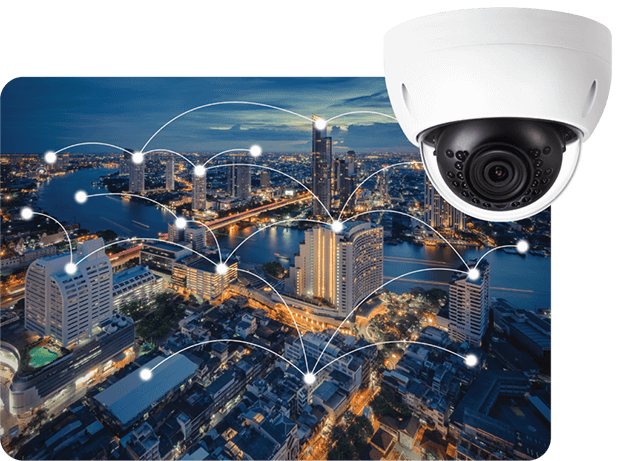Risk coverage for bars is a multifaceted aspect of the hospitality industry that necessitates a comprehensive understanding of potential liabilities and the diverse array of insurance options available to mitigate those risks. Bars, as social hubs where patrons gather to unwind and enjoy libations, are exposed to a unique set of challenges that require tailored coverage. One of the primary concerns for bar owners is liquor liability, as the service of alcoholic beverages inherently carries the risk of intoxication-related incidents. Obtaining liquor liability insurance is crucial, as it protects the establishment from legal repercussions arising from accidents, injuries, or damages caused by intoxicated patrons. This coverage extends beyond the premises, encompassing events and situations where the bar’s influence on patrons’ intoxication persists. General liability insurance is another foundational component of risk coverage for bars. This coverage safeguards the establishment against third-party claims for bodily injury or property damage that may occur on the premises.
Slip-and-fall accidents, food-related illnesses, or injuries resulting from unruly behavior fall under the purview of general liability coverage. Given the dynamic nature of bar environments, having this fundamental protection is essential for the financial security of the establishment. Property insurance is integral to the risk management strategy for bars, providing coverage for physical assets such as the building, furnishings, equipment, and inventory and Get the facts https://sogoinsurance.com/san-antonio/restaurant-insurance. Given the significant investment in setting up a bar, property insurance is a cornerstone of prudent risk mitigation. In an era where cybersecurity threats are rampant, bars also need to consider coverage for data breaches and cyberattacks. Point-of-sale systems, customer databases, and financial records are potential targets for cybercriminals. Cyber insurance can help mitigate the financial fallout from data breaches, covering the costs of legal fees, notifications to affected parties, and potential regulatory fines.
Employee-related risks are prevalent in the bar industry, making workers’ compensation insurance vital. This coverage ensures that employees injured on the job receive compensation for medical expenses and lost wages, reducing the potential for costly lawsuits. Bars must also address the risk of employee dishonesty or theft through employee dishonesty insurance, which protects the establishment from financial losses caused by fraudulent actions of staff members. In addition to these primary coverage types, bars may need specialized policies based on their unique characteristics and offerings. Live entertainment, such as bands or DJs, introduces the need for entertainment liability insurance, protecting against claims related to injuries or property damage resulting from performances. For bars with outdoor seating areas, an extension of property insurance to cover these spaces is essential. Event cancellation insurance may be warranted for bars that host special events, protecting against financial losses incurred due to unforeseen cancellations.





